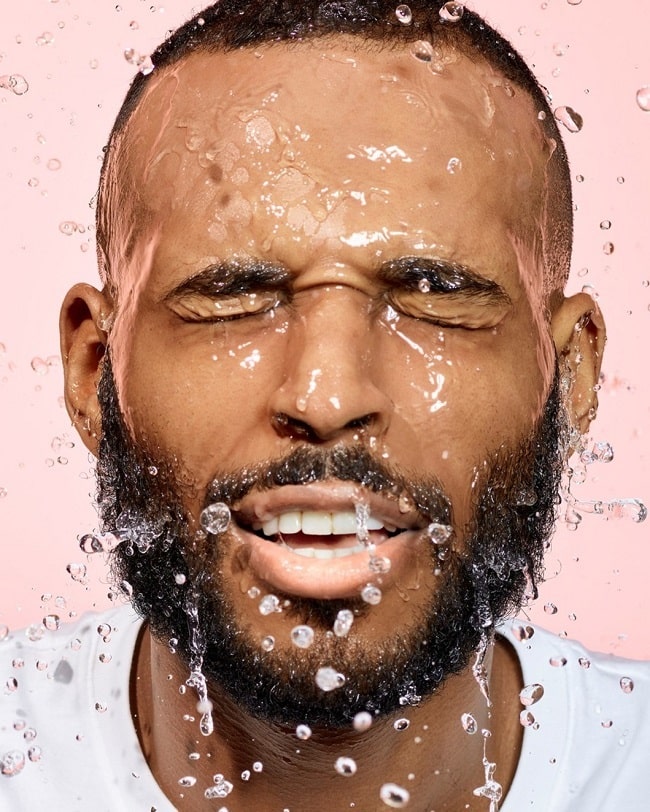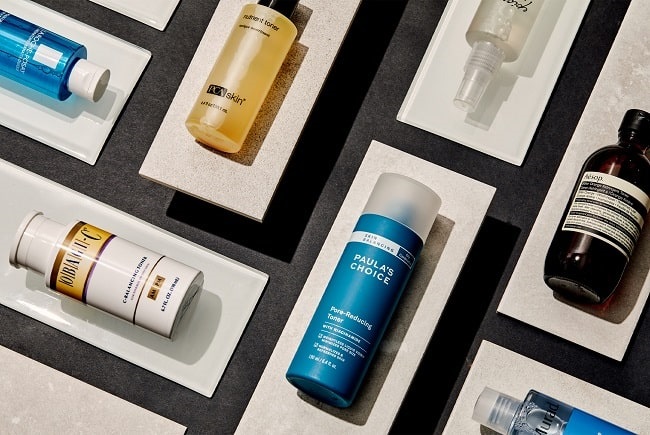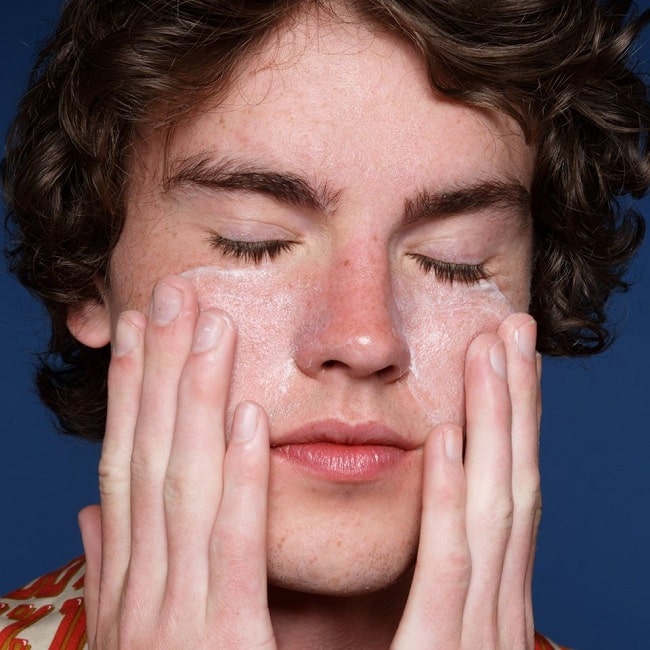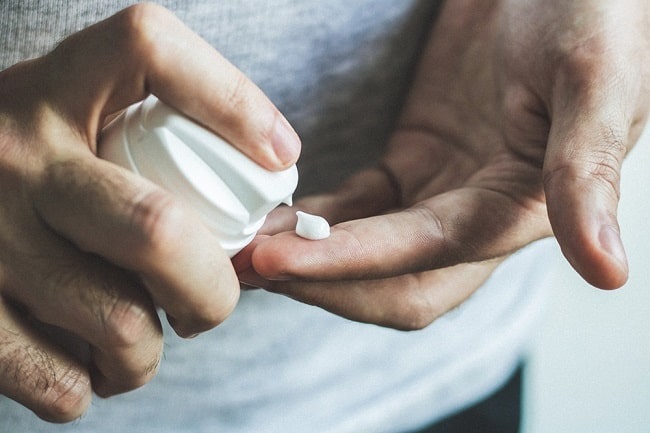1
HOME > Beauty >
6 MUST-KNOW MEN’S WINTER SKINCARE WINNERS
Written by Orla Lavery in Beauty on the 28th January 2020

When it comes to skincare, winter often means dryer-looking, lack-lustre skin. Beyond November, you can be sure that any remanence of a summer glow is dwindling at best and with (at the very least) four-months of cold, harsh climes to go, a dry and dull complexion can start to feel like a very unwelcome winter companion.
Whether you suffer from dryness, rosacea or, all too commonly, chapped lips, winter doesn’t have to mean a defeatist approach to skincare. A few simple changes to your routine can circumvent the harsher winter elements, leaving your skin feeling refreshed, healthy and protected for the months ahead.

1. FOAM-NO
If you make any change to your skincare regime this winter, make it this one. Remove any foaming products from your routine. Foaming cleansers contain moisture-absorbing surfactants; these are what cause the foaming reaction on the skin’s surface. Foam cleansers are also alkaline, which upsets the skin’s natural pH. Although foaming cleansers can leave skin feeling squeaky clean, this is often a symptom of the drying effect of the surfactants sapping moisture from the skin’s surface. Swap foaming cleansers for a cream, milk or oil-based product. This will not only defend against dryness but will help maintain your skin’s naturally acidic pH (between 4.7 - 5.7), to protect against the build-up of bacteria which can lead to break-outs.

2. Toners & Acids
A common but fatally overlooked step in many a skincare routine. Using an ‘acid’ or toner between cleansing and moisturising is key to reducing dryness and restoring your skin’s natural pH. Using a toner or light acid after cleansing will help to protect against breakouts by ensuring the skin’s surface is slightly acidic, acting like a natural anti-bacterial barrier. It will also ensure the top layer of the skin (the epidermis) is suitably primed to absorb moisture and helps to retain water throughout the day to combat the appearance of winter dryness.

3. Oils & Serums
Supercharge your skin’s moisture intake by adding an oil or serum between toning and moisturising. This step is key for those who suffer from particularly dry skin in winter months and will yield almost instantaneous results. Following a good cleanse and tone, a potent oil or serum will help to further lock in moisture. Make sure to really work the oil or serum into the skin, using the full surface of your hands in an upward, outward motion before applying your usual moisturiser. It’s a good idea to allow the added moisture its time to take effect.

4. Exfoliate
Ramping up exfoliation in the winter months can seem counterintuitive when skin already appears dry and flakey. But a good exfoliator will help to encourage moisture absorption in the skin by removing dead and damaged skin cells on the surface. The best exfoliators tend to be acid-based and smooth to touch. Scrubs are best avoided as the small beads can cause irritation and micro-tears in the skin, which leave skin open to infection and more vulnerable to ageing in the harsh winter weather.

5. Protect
Using an SPF is probably one of the most effective day-to-day steps you can take to protect your skin from ageing. Using a broad-spectrum UVA & UVB suncream will protect against the ageing UVA rays and harmful, burn-inducing UVB rays. For full effect, you should be using SPF30 or higher. Factors below this do very little in the way of protection. Apply generously; about a teaspoon and a half is the recommended amount for the face and neck area.

6. A Little Winter Sun
Equally, don’t feel you have to seek refuge at the slightest glimpse of winter sun. Vitamin D is equally important to maintaining a healthy complexion and warding off disease. Being slathered in cream will prevent your skin from absorbing it naturally. Where you can, try to get a little sun on your skin and in the meantime, supplementing with vitamin D, eggs, oily fish and red meats will help to combat the vitamin Deee-ficit.

Orla Lavery
Orla is a London-based fashion, arts and culture journalist, with a personal and professional habit in menswear. Having worked in the industry for over 10 years, she now specialises in the fashion business space, consulting to a number of brands on their business strategy and optimising for sustainable, long-term growth.


Trending
2
3
4
5
6
7
8
9
10









